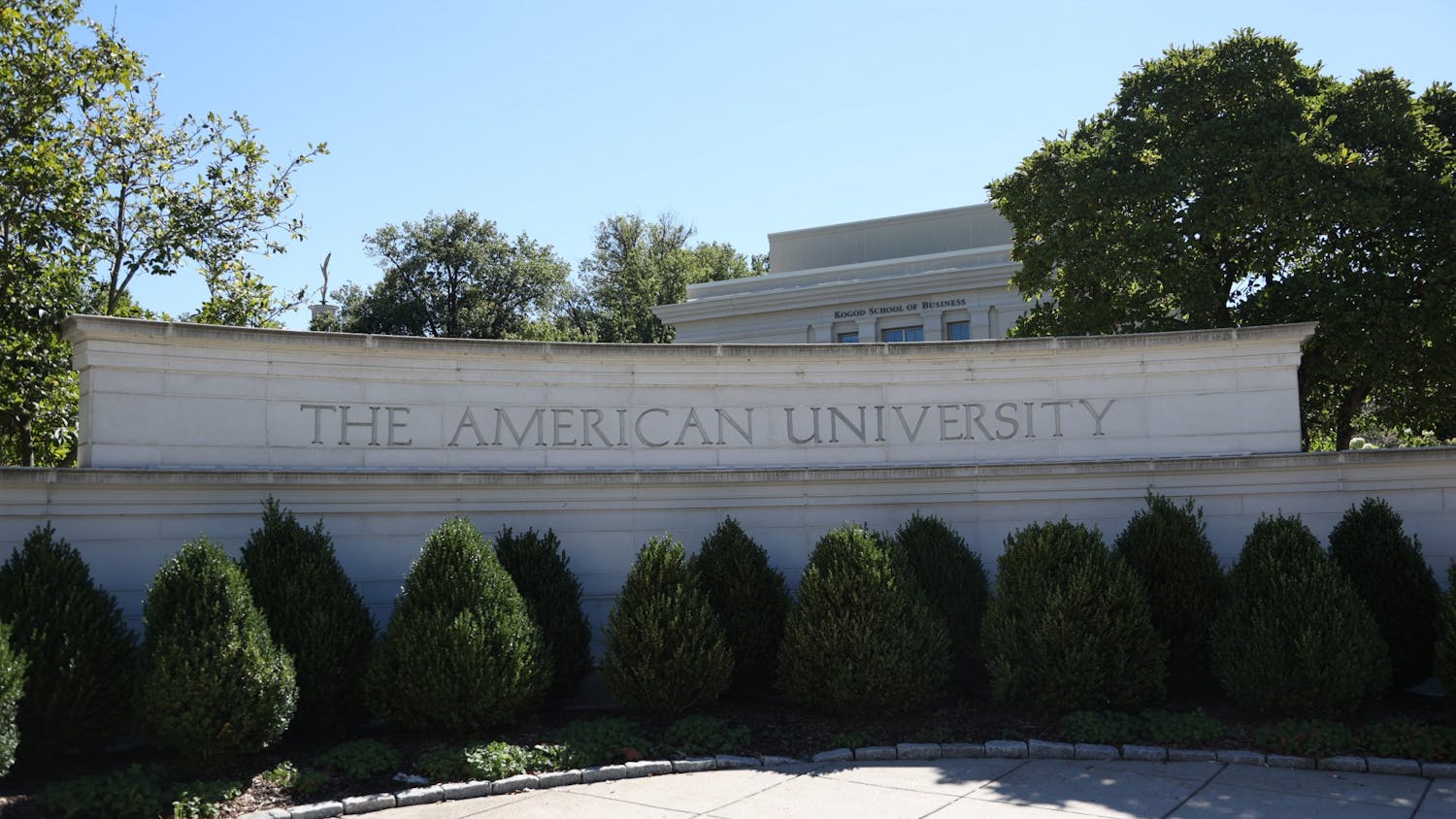A State Department official stressed the importance of a multilateral approach to humanitarian aid and reconstruction for the United States that involves the United Nations at the Mary Graydon Center Thursday night.
Arthur Dewey, assistant secretary of state for the Bureau of Population, Refugees and Migration, also spoke about the United States' role in international humanitarian efforts in Afghanistan, Iraq, Chad and Sudan.
Praising the reconstruction efforts in Afghanistan, Dewey said that the implementation of FDR-like programs such as the Afghan Conservation Corps have helped improve the country's physical conditions and have offered much needed jobs and opportunities to Afghan women.
Dewey said that if a similar multilateral approach had been taken in Iraq, the reconstruction effort would be going much more smoothly.
"There's an enormous need in the United States never to let an Iraq post-conflict situation happen again and to model future situations more on Afghanistan," Dewey said.
A multilateral approach not only increases the effectiveness of an action, it also reduces the cost for U.S. taxpayers, Dewey said.
"It's cheaper to pay for 20 percent of an action with U.N. help than it is to pay for 80 percent, as we're doing now in Iraq," he said.
Michael Wagner, a freshman in the School of Public Affairs, said he found Dewey's presentation informative.
"I thought it was interesting how he commented that there actually was an entire architecture and a complete plan for a comprehensive reconstruction [of Iraq] in place and [it] just wasn't used," Wagner said. He added that he wished Dewey had "commented on why that plan was never taken."
Dewey also said the approaches taken in Bosnia were later mentioned as a good model for reconstruction efforts and the military's role in humanitarian affairs.
"I think we saw in Bosnia the ... model role for army civil affairs. It was to identify programs, not to implement them," Dewey said. "In Bosnia, the army civil affairs would go out ... and do assessments and share that information with the U.N. high commissioner for refugees."
Regarding the human rights crisis in Sudan, Dewey expressed hope that the same multilateral approach might be taken, stating that unilateral approaches in Darfur have led to stagnancy in human rights work in the area.
Dewey also mentioned a need for "realistic compassion" in the area of refugee policy, saying that the United States and other countries need to think carefully about both accepting refugees into their nations and sending refugees back to their home countries after long periods of strife.
"The realistic compassion that I'm talking about is recognizing that point at which refugees ... have been in effect warehoused so long ... that they have no future there and they're not going to go home," Dewey said. "We're ready and we're trying to interview people to get them to come to the United States. That's our challenge now, to rescue people."
The United States can currently hold 70,000 refugees, according to the State Department. That number is further split into quotas from different regions.
After his speech, Dewey took several questions and comments from the audience. He also talked with several people extensively after the event, giving them his contact information and answering questions, according to KPU Director Emily Fuller.
"He was great," Fuller said. "He wanted to hear everyone's story."
Fuller praised Dewey's ability to engage people who weren't engrossed in the subject of refugee issues.
"I found him interesting, and I'm definitely not an expert in the international humanitarian field," she said.
Dewey also cut across party lines. During the question-and-answer portion of his presentation, a student prefaced his question by saying, "Listening to [Dewey] made me want to go back to the Republican Party."
Fuller said that the choice to have Dewey speak was a mixture of both convenience and the goal of the KPU to host speakers with influential positions in the government.
"I'm looking for a really good mix to try and appeal to everyone ... get a little bit of everyone's opinions and interests," Fuller said. "Our goal is to see a lot of appointed and elected officials ... people involved with international events. Zen [Hunter-Ishikawa, head of the Graduate Leadership Council] actually knows Dewey personally, so that made him an obvious choice. ... We're in a great location here. We have obvious access to all these amazing people."
The Kennedy Political Union and the Graduate Leadership Council hosted the event.




